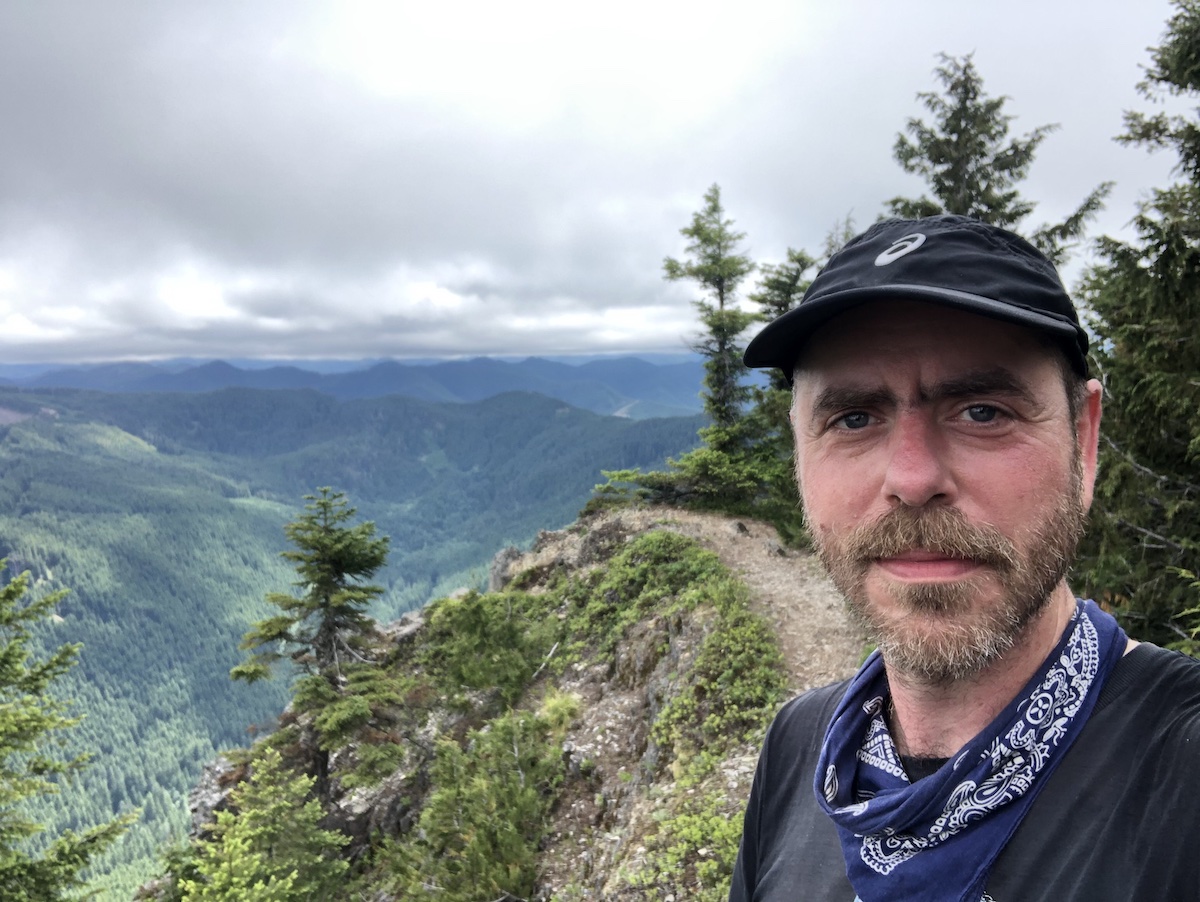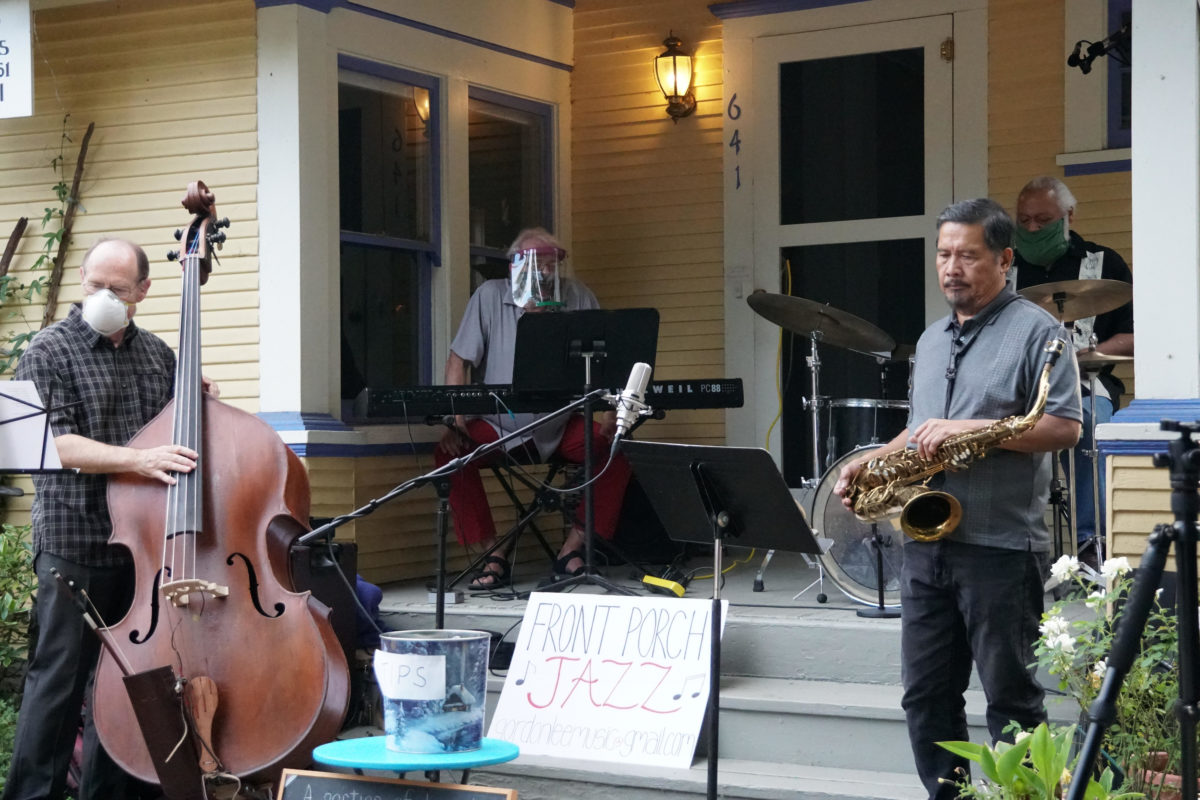At the November SNA meeting we discussed the ongoing crisis on Oak Street by Laurelhurst Park, deciding that we need to ask the city what their plans are for services to the camp. At this point there is a discussion of a sweep rather than an effort to provide assistance and sanitation. While the City claims there is a public health issue with the manner in which people are living, the CDC is crystal clear on not moving people regardless of ability to social distance. The City secondarily claims a “verified nexus of criminal activity.”
We proposed getting a written commitment from the City of their intention to do a deep clean, allowing people to return. The City has been doing that throughout COVID19. We believe that the City’s messaging isn’t successful enough in making it clear how these sweeps benefit the houseless campers in Laurelhurst Park.
My personal perspective is that if there’s criminal activity, then the Portland police should do law enforcement and leave the rest of the camp alone. The logic behind the “sweep because crime” narrative baffles me. Using this logic, if I went on a crime spree the city, in the form of its various agencies, would show up, and rather than arrest me they would evict not only me but all my neighbors and bulldoze our building. The loss of human life is unacceptable and the enormous expense has to outweigh the cost of law enforcement. If this is because of the “catch and release” program alleged to be happening at the County level, then we need to start addressing that.
We discussed the existence of disconnected “information silos” being an issue between city agencies, NAs, residents, activists, and service providers. A motion was unanimously approved for the following action items:
- Liaise with the Laurelhurst Neighborhood Association to understand their plan of action and feelings, and
- Reach out to the City to ask for a mediator to begin a conversation with campers and surrounding neighbors
We welcomed Vahid Brown, a founder of Agape Village (https://www.agapevillagepdx.org/) and Hazelnut Grove, whose expertise and experience with managed service providers and shelters is invaluable. We continued discussing various possibilities including sanctioned tent camps, parking spaces for community members who are vehicle camping, more permanent structures such as tiny houses, and services. Vahid noted that there was a statement released by the Village Coalition (https://www.pdxvillagecoalition.org/) underscoring the harmfulness of sweeps.
We are working to have the Sunnyside Methodist Church Emergency Warming Shelter available for freezing nights, and we discussed how to get an inspection. The church can provide 10 beds and has lists of potential volunteers. For a properly managed service, the shelter would need two volunteers per shift; there would be two to three shifts of four to six hours each. Emergency shelters usually operate from 6 p.m. to 6 a.m.
At our November 17th Safety and Livability meeting we welcomed a member of HUCIRP (Homelessness/Urban Camping Impact Reduction Program) to get some answers and learn what policies are in effect during the COVID19 pandemic.


